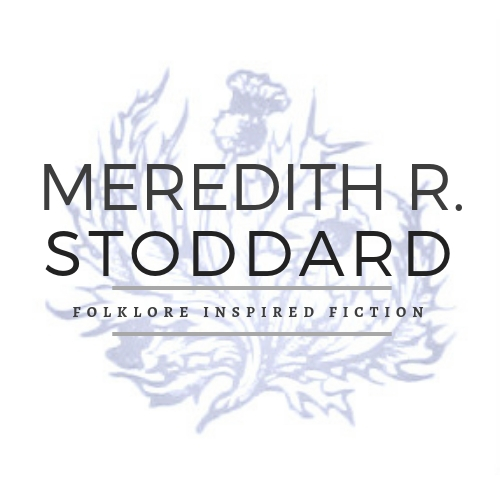A Word About Spoilers
/...and why I don't hate them.
Tomorrow I will be lucky enough to go to a book signing at the National Press Club with Diana Gabaldon (super excited). It occurred to me when I opened her latest, Written In My Own Heart's Blood on my Kindle this morning that there will be A LOT of spoilers for me tomorrow. The book has been out for a week and I have barely cracked it open. I know from many tweets and Facebook posts that many of the people I'm meeting up with tomorrow have already finished it and will very likely be unable to contain their excitement. I thought about this for approximately one second and then shrugged and read on.
Unlike some folks out in the reader/viewer world I do not hyperventilate at the thought of knowing what's going to happen, nor do I stick my fingers in my ears and shout LALALALALA...when my friends/family/coworkers start talking about something I have yet to watch or read. Much is made around the water cooler and online about spoilers and avoiding spoilers. People get up in arms or downright cranky if they think they've encountered even a hint of a spoiler and seem to place the responsibility of keeping their worlds spoiler free on everyone around them.
The trouble with that is, that it implies that the book or film or TV show is nothing more than its plot and that knowing any points of that plot (no matter how obscure) ahead of time ruins the whole experience. Quality of the writing? Not important. Strength of the characters? Inconsequential. Performance of actors in a part? Could be done in clay-mation or with mannequins. Direction, set-design, costumes? Who cares? This slavish and sometimes neurotic avoidance of spoilers suggests that HOW a story is told doesn't matter, only the story matters.
If that's true why ever bother rereading anything? Why go to movies if you've read the book? Why watch a show if you already know what's going to happen? Or why watch a remake of an original movie? Who cares that Jane Austen's writing is elegant and beautiful? What does it matter than Aaron Sorkin's writes snappy dialogue makes us all feel smarter, or that Elmore Leonard creates characters that you just want to follow around to be near them?
Not so. There is so much more to a story than it's plot points. There is context and voice. There are characters and how they react to events. There is frequently a sea of emotion and any number of resulting actions or events that come from a single plot point. Knowing one plot point, or even a few shouldn't ruin the effect of the whole story. Stories and the work of the story tellers in whatever medium are worth so much more than that.
I've probably read Pride and Prejudice a dozen times, and I still get chills when I Darcy proposes to Elizabeth again, whether it's delivered by the Darcy in my imagination or Colin Firth (to Elizabeth Bennet or Bridget Jones) or Matthew Macfadyen or anyone else. I still cheer at Elizabeth's spunk when she refuses him the first time, but I've watched every adaptation I came across. And they've ALL shown me something new. I read all the Hunger Games books, but I'll still go see the movies, because I want to see how they translate. And you'd better believe that I'll be glued to my TV come August to watch Outlander even though I know exactly what's going to happen. I've reread the whole series several times over, not because I forgot what happened, but because the author does such an incredible job of telling the story.
I get it. I like to be surprised sometimes too. The Red Wedding blew me away. I had no idea what the secret to The Crying Game was. Those were great moments of surprise. But, once the shock wears off, I'm left with to marvel at the quality of the performances, or the direction or the editing. I don't NEED the element of surprise to appreciate the beauty of the work.
With that said, I'm not going to tell you what's next for Dermot and Sarah. But I might post a few lines now and then, and they MIGHT give away some very minor plot points. You've been warned.



